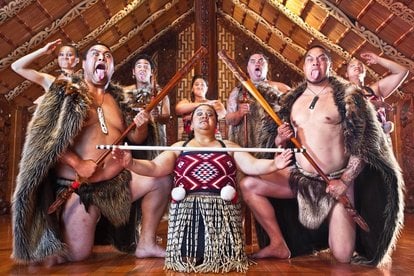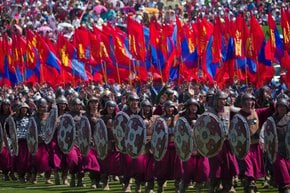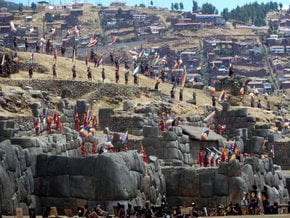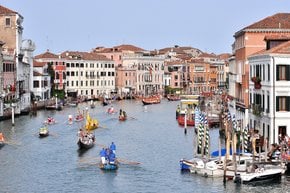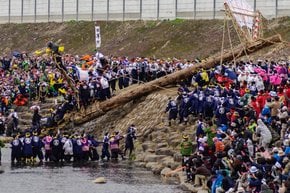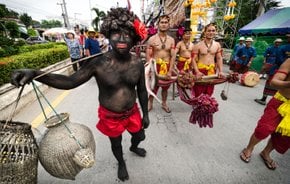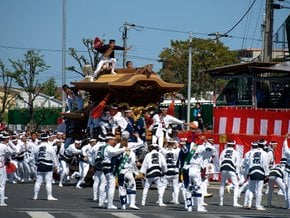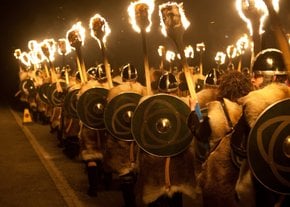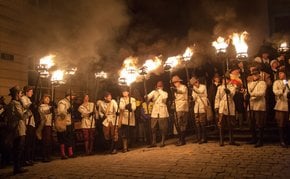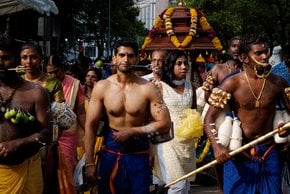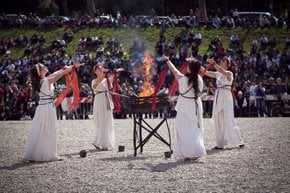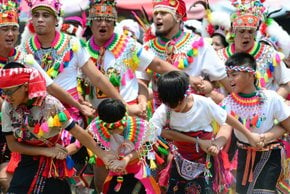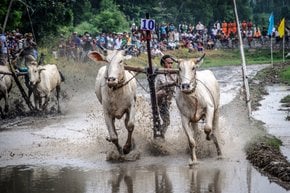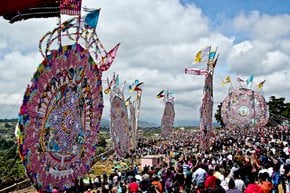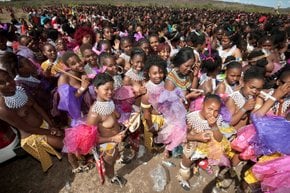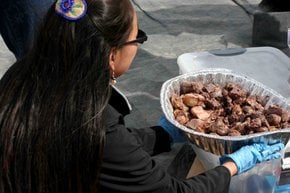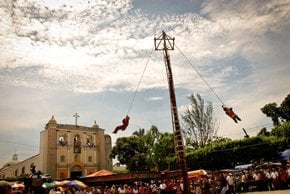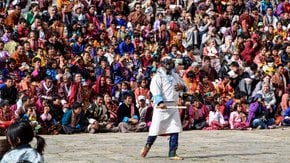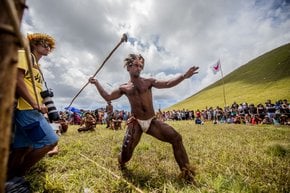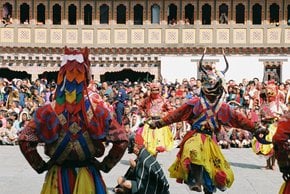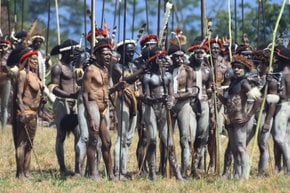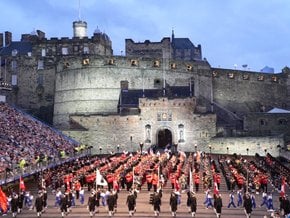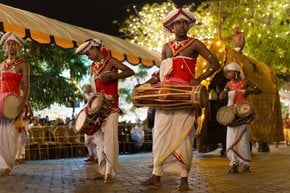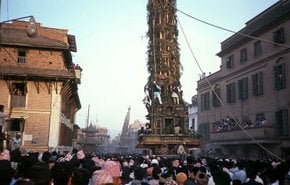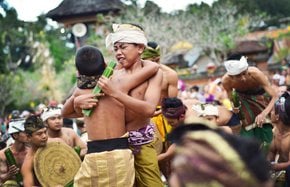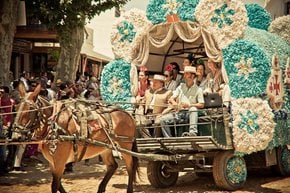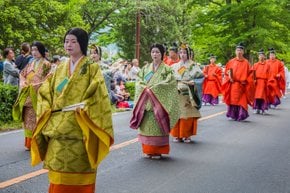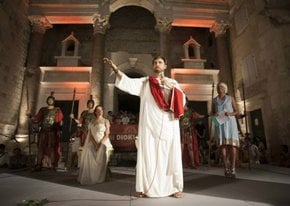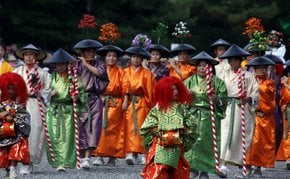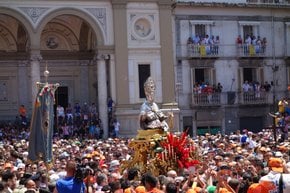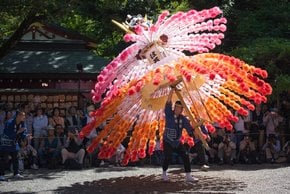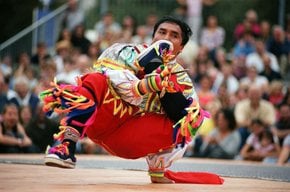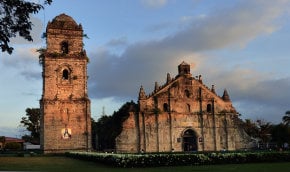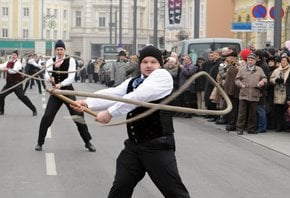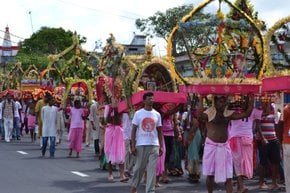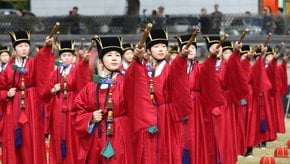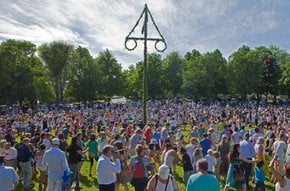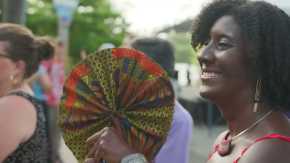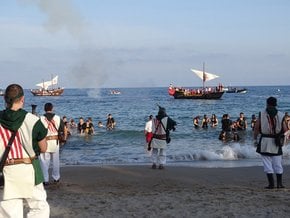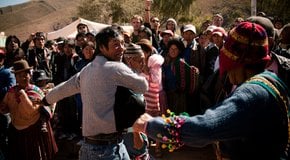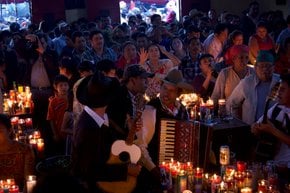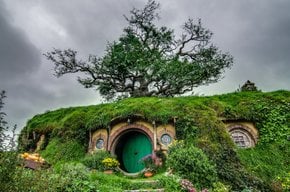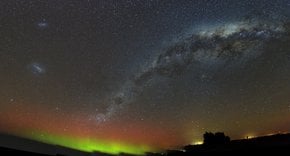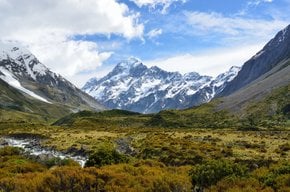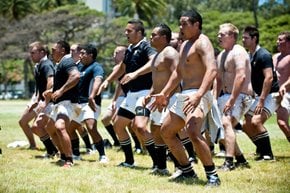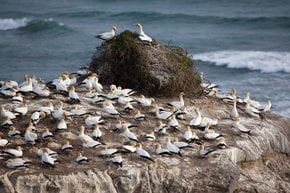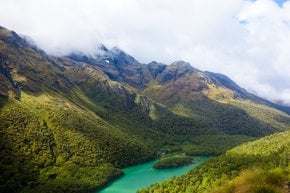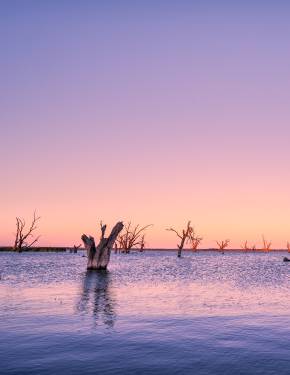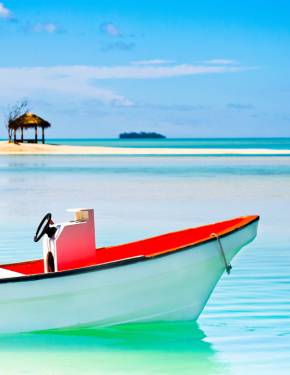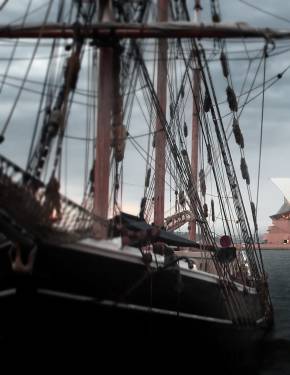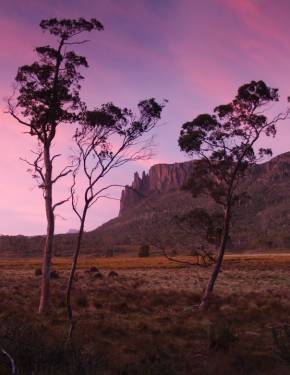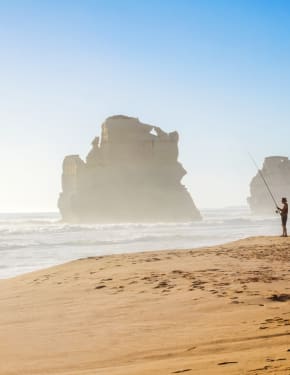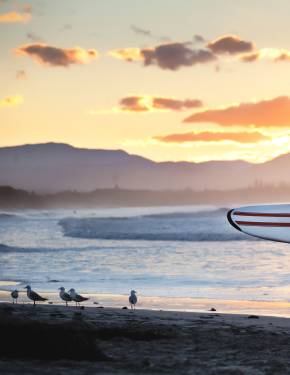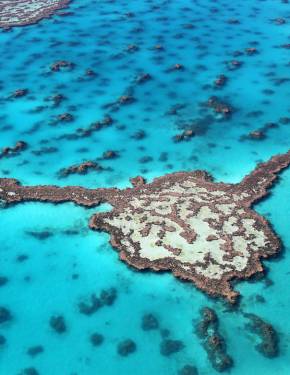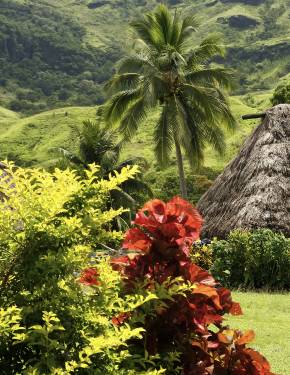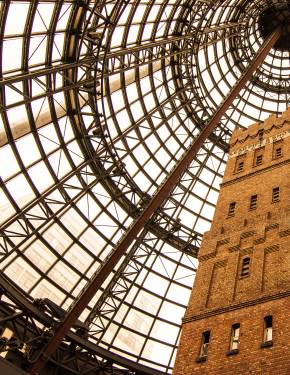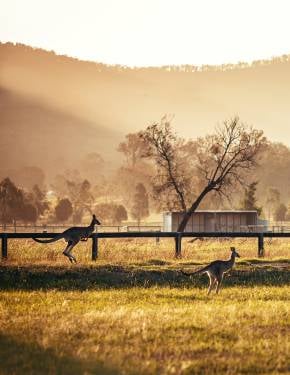Waitangi Day 2026 in New Zealand
Festivities introduce Māori culture, highlighting traditional underground oven cooking and tribal customs
Dates: February 6
Waitangi Day is a public holiday that commemorates the signing of New Zealand's founding document, which dates back to February 6, 1840. It is celebrated all over the country, and the festivities offer plenty of opportunities to discover the cultural heritage of the Māori people, representing the native New Zealand population.
Celebration Highlights
Waitangi Day commemorations are focused at Waitangi but take place across New Zealand. Public events feature Māori ceremonies, sports, music, and parades. As awareness of Māori history and culture grows, the day has also become a time to reflect on the impact of European settlement on the indigenous population.
Waitangi Day Festival
The Waitangi Treaty Grounds, located in the Bay of Islands, is a significant site in New Zealand's history, where the Declaration of Independence (1835) and the Treaty of Waitangi (1840) were signed. Today, it serves as a place of cultural connection and belonging for all New Zealanders. The Te Kōngahu Museum of Waitangi explores the events surrounding the signing and their ongoing relevance.
On February 6, the Treaty Grounds hosts the Waitangi Day Festival, starting with a dawn service at Te Whare Rūnanga. The festival offers a vibrant atmosphere with performances, over 150 market stalls, and activities for children, including bouncy castles and sports games.
Other Places to Celebrate
One of the best celebrations takes place in the Māori village Whakarewarewa near geothermal Rotorua. Local people treat the visitors with the best Māori specialty foods, particularly traditional kai (food), cooked in underground ovens called "hangi." There you will hear lots of Māori legends and learn about Māori history, medicine, crafts, and sports.
Celebrate Waitangi Day at Waitangi ki Manukau, held at the Manukau Sports Bowl in Auckland. This free, family-friendly event offers live music, Māori cultural experiences, and opportunities to learn about New Zealand’s national day. After disruptions from COVID and extreme weather, the festival returns with pōwhiri, te reo Māori, kōrero, and kai, bringing unity and cultural exchange to the heart of Manukau.
Capital City Celebrations
Another distinctive celebration is held in Wellington, the capital of the country. In 2025, on Thursday, February 6, from 12 pm to 6 pm, Waitangi Park on the Wellington Waterfront will host Te Rā o Waitangi, a free event open to all.
Visitors can enjoy a vibrant showcase of multicultural performances, experience Māori traditions, take part in engaging activities, and savor delicious kai, all in a welcoming and festive atmosphere.
History
The Treaty of Waitangi (Te Tiriti o Waitangi) is a key document in New Zealand's history and constitution. Signed on February 6, 1840, by Captain William Hobson on behalf of the British Crown and Māori chiefs, it established a partnership between the two parties. While the treaty is not recognized as a formal international agreement, it has shaped the treatment of Māori people, particularly from the late 20th century.
However, differences in translation and interpretation have led to disputes over sovereignty, land ownership, and rights, making it a subject of ongoing discussion and reflection. Today, the Treaty remains a symbol of partnership and biculturalism in New Zealand, forming the basis for addressing historical grievances and fostering understanding between Māori and non-Māori communities.

